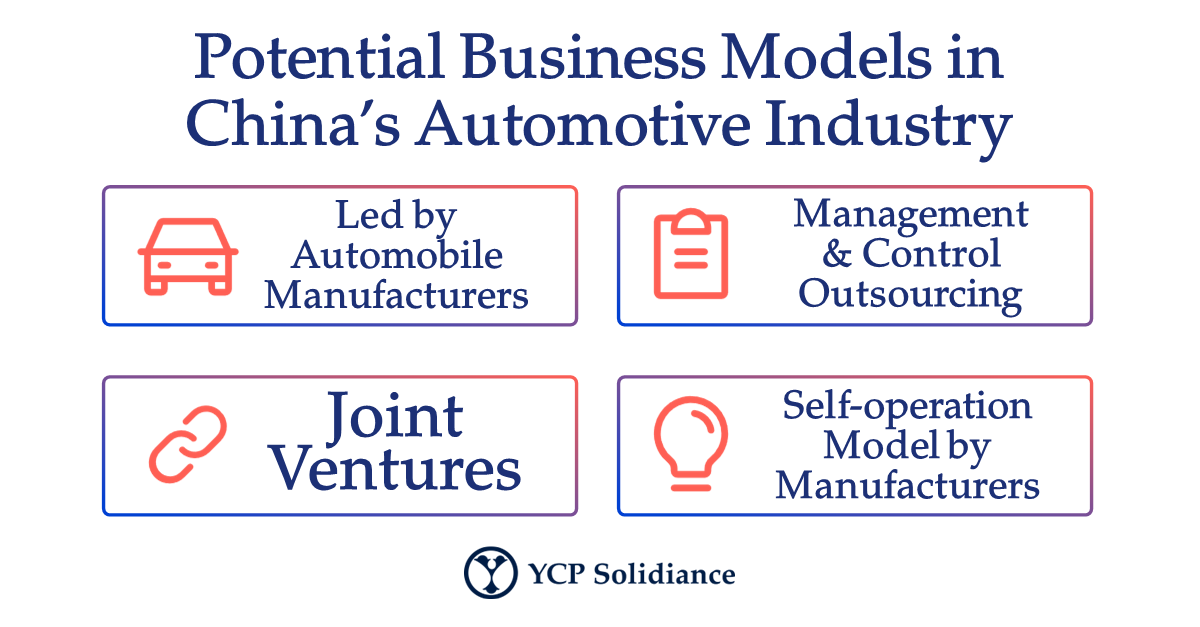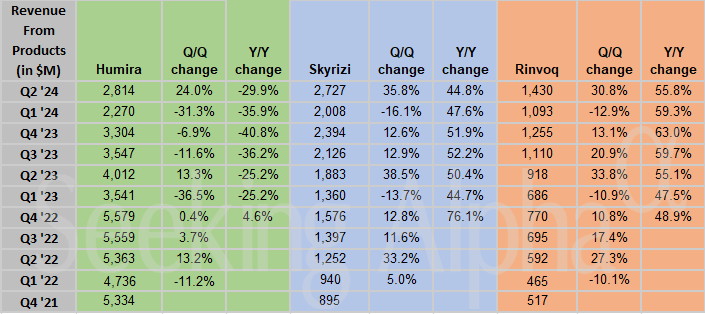Are China-Made Vehicles The Future Of The Auto Industry?

Table of Contents
The Rise of Chinese Automakers: Quality and Innovation
Chinese car brands have made remarkable strides in recent years, significantly improving the quality and technological sophistication of their vehicles. Gone are the days of low-quality, cheaply made cars. Today, Chinese automakers are investing heavily in research and development (R&D), collaborating with international partners, and leveraging advanced technologies to produce vehicles that rival, and in some cases surpass, their Western counterparts.
- Success Stories: Companies like BYD, Nio, and Xpeng are leading the charge, producing high-quality electric vehicles with advanced features and sleek designs. Their success demonstrates the significant progress made in Chinese automotive engineering and design.
- R&D Investments: Massive investments in R&D are driving innovation in areas such as battery technology, autonomous driving systems, and connected car features. This commitment to technological advancement is a key factor in their rising global competitiveness.
- Strategic Partnerships: Collaborations with foreign automakers and technology companies are further accelerating technological progress and allowing Chinese brands to access valuable expertise and global supply chains.
Competitive Pricing and Market Penetration
A key factor in the success of Chinese automakers is their competitive pricing strategy. Lower manufacturing costs, often due to efficient production processes and access to a vast domestic supply chain, allow them to offer vehicles at significantly lower prices than many established brands. This price advantage is a powerful driver of market penetration, particularly in emerging markets.
- Lower Manufacturing Costs: Economies of scale and efficient manufacturing processes contribute significantly to lower production costs, making Chinese vehicles more affordable for consumers worldwide.
- Emerging Market Dominance: Chinese brands are experiencing substantial success in developing countries, where price sensitivity is particularly high. This strategic market focus has allowed them to gain considerable market share.
- Price Comparison: A direct comparison of similarly equipped models from Chinese and established brands often reveals a significant price difference, highlighting the cost advantage enjoyed by Chinese manufacturers.
Electric Vehicles (EVs) and the Green Revolution
China is a global leader in the electric vehicle sector. Chinese EV manufacturers are not only producing affordable EVs, but they are also pushing the boundaries of battery technology and charging infrastructure. This strong presence in the EV market positions them as key players in the global transition towards sustainable transportation.
- Market Share Leaders: Companies like BYD are among the world's largest EV manufacturers, holding significant market share globally. Their success highlights the scale and ambition of Chinese involvement in the EV revolution.
- Battery Technology Advancements: Significant innovations in battery technology, including advancements in battery density and charging speeds, are coming out of China, further enhancing the competitiveness of Chinese EVs.
- Charging Infrastructure Development: China is investing heavily in the development of its charging infrastructure, making EV ownership more convenient and accessible for consumers. This infrastructure development is crucial for widespread EV adoption.
Challenges and Obstacles Facing Chinese Automakers
Despite their rapid progress, Chinese automakers still face several challenges. Overcoming these obstacles will be crucial for their continued global expansion and success.
- Brand Perception: Building strong brand recognition and consumer trust in international markets remains a significant challenge. Addressing concerns about quality and reliability is crucial for gaining wider acceptance.
- International Expansion Hurdles: Navigating complex international regulations, trade policies, and cultural differences can be difficult. Strategic partnerships and localization strategies are essential for successful international expansion.
- Geopolitical Risks: Supply chain disruptions and geopolitical instability can pose significant risks to the global operations of Chinese automakers. Diversifying supply chains and mitigating geopolitical risks are crucial for long-term stability.
Conclusion
The rise of China-made vehicles is reshaping the global automotive landscape. The significant advancements in quality, technology, and competitive pricing demonstrated by Chinese automakers cannot be ignored. While challenges remain, their potential for continued growth and market dominance is undeniable. From innovative EV technology to efficient manufacturing processes, Chinese automakers are proving themselves to be formidable competitors. To stay ahead in the evolving global automotive landscape, it’s crucial to understand the impact of China-made vehicles. Learn more and explore the exciting innovations shaping the future of the auto industry.

Featured Posts
-
 Increased Profitability For Abb Vie Abbv New Medications Driving Sales Growth
Apr 26, 2025
Increased Profitability For Abb Vie Abbv New Medications Driving Sales Growth
Apr 26, 2025 -
 Jasper Merlier Claims Two Stage Wins At Paris Nice
Apr 26, 2025
Jasper Merlier Claims Two Stage Wins At Paris Nice
Apr 26, 2025 -
 The Countrys Emerging Business Hubs A Geographic Analysis
Apr 26, 2025
The Countrys Emerging Business Hubs A Geographic Analysis
Apr 26, 2025 -
 Charlie Kirk On Gavin Newsoms Podcast A Potential Political Disaster
Apr 26, 2025
Charlie Kirk On Gavin Newsoms Podcast A Potential Political Disaster
Apr 26, 2025 -
 Chelsea Handler Reveals Surprise Whistler Trip Companion
Apr 26, 2025
Chelsea Handler Reveals Surprise Whistler Trip Companion
Apr 26, 2025
Latest Posts
-
 Nbc Chicago Hhs Taps Anti Vaccine Activist To Investigate Autism Vaccine Claims
Apr 27, 2025
Nbc Chicago Hhs Taps Anti Vaccine Activist To Investigate Autism Vaccine Claims
Apr 27, 2025 -
 Hhs Appoints Anti Vaccine Activist To Review Autism Vaccine Link Sources
Apr 27, 2025
Hhs Appoints Anti Vaccine Activist To Review Autism Vaccine Link Sources
Apr 27, 2025 -
 Nbc Los Angeles Hhs Taps Anti Vaccine Activist To Investigate Discredited Autism Vaccine Link
Apr 27, 2025
Nbc Los Angeles Hhs Taps Anti Vaccine Activist To Investigate Discredited Autism Vaccine Link
Apr 27, 2025 -
 Nbc 5 Dallas Fort Worth Reports Hhs Selects Anti Vaccine Advocate To Investigate Autism Vaccine Link
Apr 27, 2025
Nbc 5 Dallas Fort Worth Reports Hhs Selects Anti Vaccine Advocate To Investigate Autism Vaccine Link
Apr 27, 2025 -
 Anti Vaccine Activists Role In Hhs Review Of Autism Vaccine Claims Sparks Outrage
Apr 27, 2025
Anti Vaccine Activists Role In Hhs Review Of Autism Vaccine Claims Sparks Outrage
Apr 27, 2025
